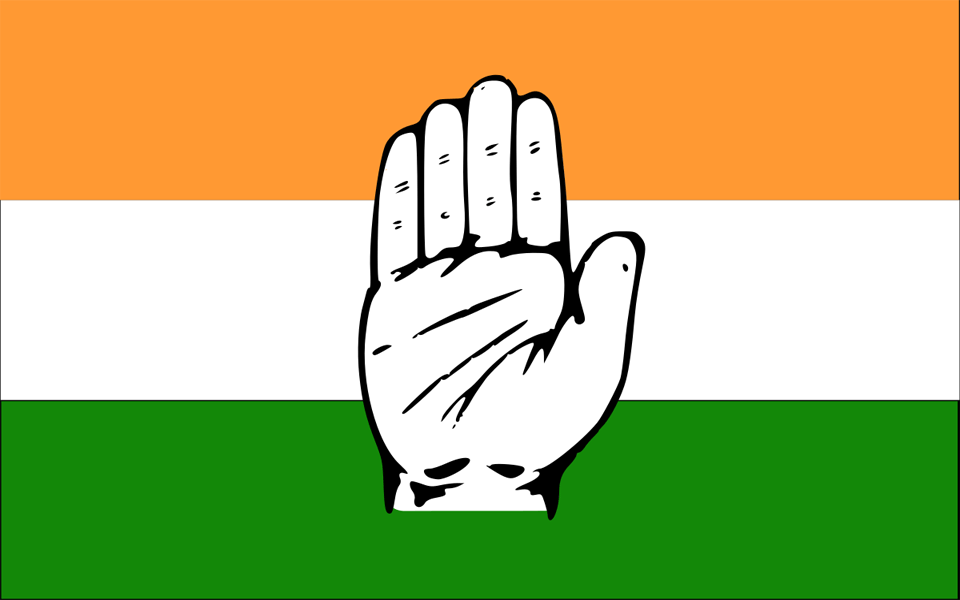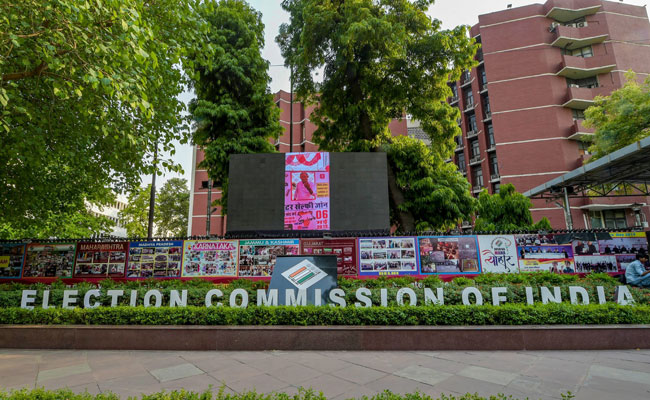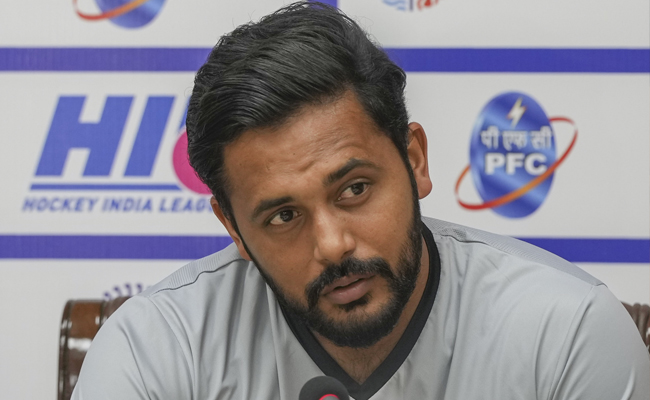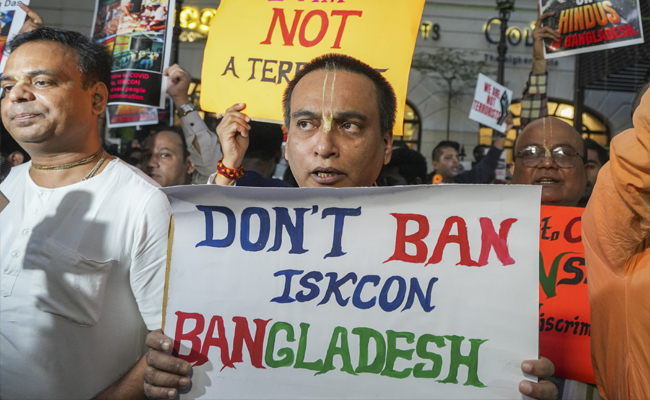New Delhi, July 14 : Attacking Prime Minister Narendra Modi over his calling Congress President Rahul Gandhi as "naamdar" in a public speech in Uttar Pradesh, the Congress on Saturday said it too would be forced to call him by various nicknames if he did not mend his ways.
"If we start calling you (Modi) by your various nicknames popular among the public as well as on social media, you will not feel good. So please think before you call senior leaders of other parties names. We will have to forget the dignity of your post the way you have done," said Congress spokesman Pramod Tiwari.
"We would have to rake up all the names by which the common people call a person who does not fulfil his promises, who is all words and little action," he added.
The Congress leader said that while the Prime Minister in his speech at Azamgarh claimed that his government is fighting for the rights of Muslim women, he forgot to touch upon rapes in Bharatiya Janata Party-ruled Uttar Pradesh and to tell people about his party MLA Kuldeep Singh Sengar who has been charge sheeted by CBI for rape.
"The Prime Minister could have announced in the same breath that he was expelling Sengar from the party. He forgot to speak on the rampant rapes in Uttar Pradesh in BJP rule," Tiwari said.
He said that Modi sounded like a tired commander who was staring at the defeat.
"After giving 73 Lok Sabha and 323 assembly seats to BJP, the public had been expecting to hear from the Prime Minister about the jobs, employment, about farmers' dues, about the reopening of shut down factories and mills. But he spoke none of that because he has nothing to show on the ground," Tiwari added.
Let the Truth be known. If you read VB and like VB, please be a VB Supporter and Help us deliver the Truth to one and all.
New Delhi (PTI): The Election Commission on Saturday asserted that all poll procedures it followed in Maharashtra were transparent and assured that it would review all legitimate concerns flagged by the Congress, which alleged serious inconsistencies.
In its interim response to the party, the poll authority invited a Congress delegation on December 3 to discuss concerns expressed by it.
The Congress on Friday raised with the Election Commission "serious and grave inconsistencies" which it said were being revealed in the data relating to the polling and counting processes for the recently-concluded Maharashtra Assembly polls and sought an in-person hearing to present relevant evidence.
In the response, the EC reiterated that the process was transparent with the involvement of candidates or their agents at every stage.
The commission also assured of a review of the Congress' legitimate concerns and a written response after hearing the party's delegation in person.
It asserted that a transparent electoral roll updation process was undertaken with the involvement of all political parties.
Responding to the issue regarding the voter turnout data, the EC asserted that there was no discrepancy in it and the data was available with all candidates polling station-wise and is verifiable.
The gap in the 5 pm polling data and the final voter turnout was due to procedural priorities, as presiding officers perform multiple statutory duties near the close of polling before updating the voter turnout data.
As an additional disclosure measure, an EC press note at around 11:45 pm was introduced during the 2024 Lok Sabha election and followed subsequently during all assembly polls thereafter, the poll body told the Congress.





